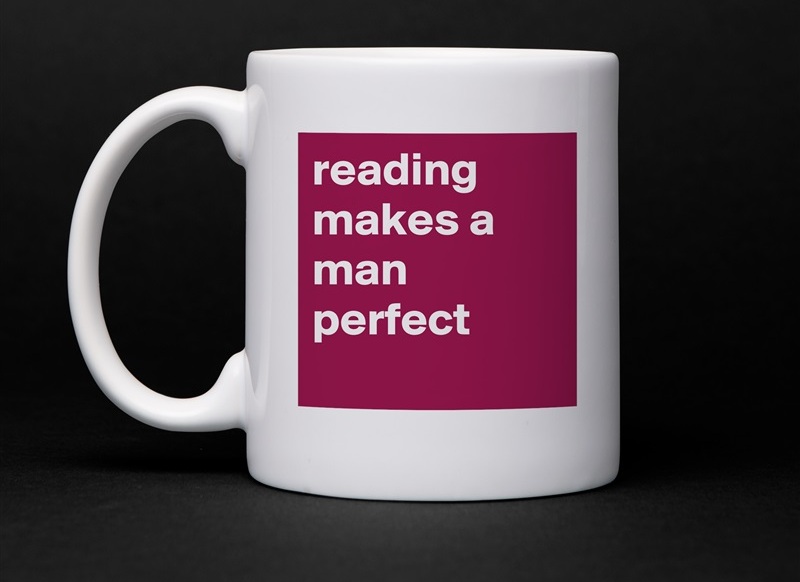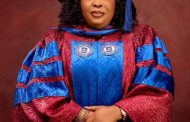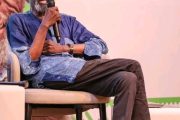By Ibrahim Lawal Ahmed*
To promote reading, publishing and copyright, the United Nations Educational, Scientific and Cultural Organisation (UNESCO) set aside April 23rd of each year as World Book Day. It is not clear if this as coincidence or something planned to fall on the same day William Shakespeare died, a signifier of reading and writing. The aim of the event is primarily to encourage reading among people, especially children. The lockdown in the wake of COVID-19 and the associated boredom and loneliness suggests the foresight of those who fixed the date. This piece is here to associate itself with the joy and significance of reading books.
There are three ways of learning: By watching/observing (this is the most preferred and most pleasing); by listening (this is the most convenient) and by reading. Reading is the best form of learning. “From the beginning, readers have to recognize letters printed on the page, make them into words, the words into sentences and sentences into concept,” Ben Carson explained in his book, Think Big. This analytical task of reading makes it the least preferred among so many individuals yet, this makes it the most formidable way of learning.
The mind is like a sword. It needs to be sharpened for it to be used and to be kept sharpened for it to remain useful. Reading put all the four billion cells in human brain to work: grasping the sign put on lines, interpreting them and storing them. The more active these cells are, the faster and better one thinks. Reading therefore is the basis for developing a critical mind.
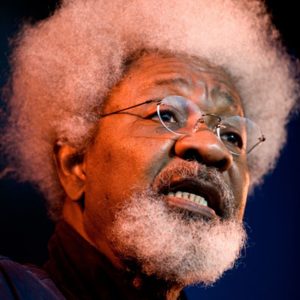
Wole Soyinka, the reading and writing WS of the contemporary era

William Shakespeare, the reading and writing WS of the preceding era
But there could have been no reader without writer. Writing is an art of pouring down thought in line of words. The task of writing is a sweet labour the fruits of which readers enjoy. Blessed are the fruits: books.
Before the advent of Information Technology, books were the first to transcend time and space. Books did not only bring Ibn Rushud in Spain and Imam Al-Ghazali in Iraq together to carry out a philosophical discourse still relevant today, books also carried Aristotle through the centuries to the 21st century. In other words, books bring the past to the present and carry the present to the future. Books is man’s device to overcome mortality and live forever. As Clearance Day beautifully put it: “The world of books is the most remarkable creation of man; nothing else that he builds ever lasts. Monuments fall; nations perish; civilisations grow old and die out. After an era of darkness, new race build others; but in the world of books are volumes that live on still as young and fresh as the day they were written, still telling men’s hearts of the hearts of men centuries dead.”
This is quite true. “It is chiefly through books that we enjoy intercourse with superior mind,” William Ellery Channing rightly asserted. Through books, we have conversation with great people. They answer our questions in us such as ‘What is the meaning of life?’ and then clear our confusion. Through books, we speak with Aristotle on ethics, with Machiavelli on politics, we compose melodies with Beethoven and when we are confused about the workings of the global capitalist economy, Karl Marx makes it all clear. Those men, long dead, but they still ignite our mind, thanks to books.
The art of reading, drawing sense from sentences requires patience. It is a task and time consuming to go through sentences. It requires endurance to stand the pain of making meaning from the line of words; for what you read may not be expressed simply and can be ideas contrary to one’s view. But a reader has to tolerate and keep reading.
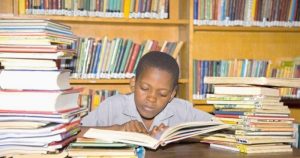
No noise please, he is reading!
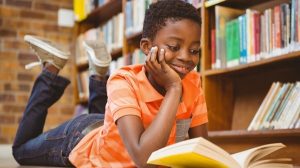
Silence please, serious business going on
Reading demands silence and self-absorption. A writer pours his heart in lines of ink and by so doing his personality. Sometimes, only through taking the personality of the writer does the reader comprehend what the writer writes. For the readers of novels, only through picturing the storyline and narration can the book be enjoyed. Thus, the saying: a reader lives a thousand lives before he dies. Reading therefore enhance cognitive development. Easily does reader understand others; their point of view, their excuses, their plight et cetera, because he/she can easily put him/herself in others shoes. Thus, readers are sensitive, adaptive and meticulous. They are friendly and good friends hence, gentle and lonesome. Moreover, paradoxically, they are silent and talkative; they talk great deal with themselves and when they open up their mouth.
There is no better medicine to loneliness, boredom and anxiety than reading. This makes reading particularly important at this time when Covid-19 has forced people to stay at home. People are complaining about lonesomeness and idleness. If only they are readers! A reader is never idle but constantly busy; always having great conversation with great mind and contemplating over ideas. If most of the unemployed youths could read, there would have been less crime. Therefore, there is need for reading clubs/associations in schools and across towns in Nigeria to encourage youths to read indiscriminately. This will go a long way to developing critical thinking among youths. Reading has such a magic: “The more we read, the better we read and the more we enjoy reading,” Ben Carson rightly observed. There is nothing like reading too much because we cannot read too much. In fact we never read enough. Therefore, everyone, young or old, boy or girl must read, read and read!
A day spent reading may not necessarily be regarded as a good day, as Annie Dillard wrote in her book The Writing Life, but a life spent reading, that is a good life. ‘Enjoy yourself’ is an advice one gets on one occasion or another. But the joy of self is known only to those who read!
The author is reachable via ibrahim.lawal26@gmail.com

